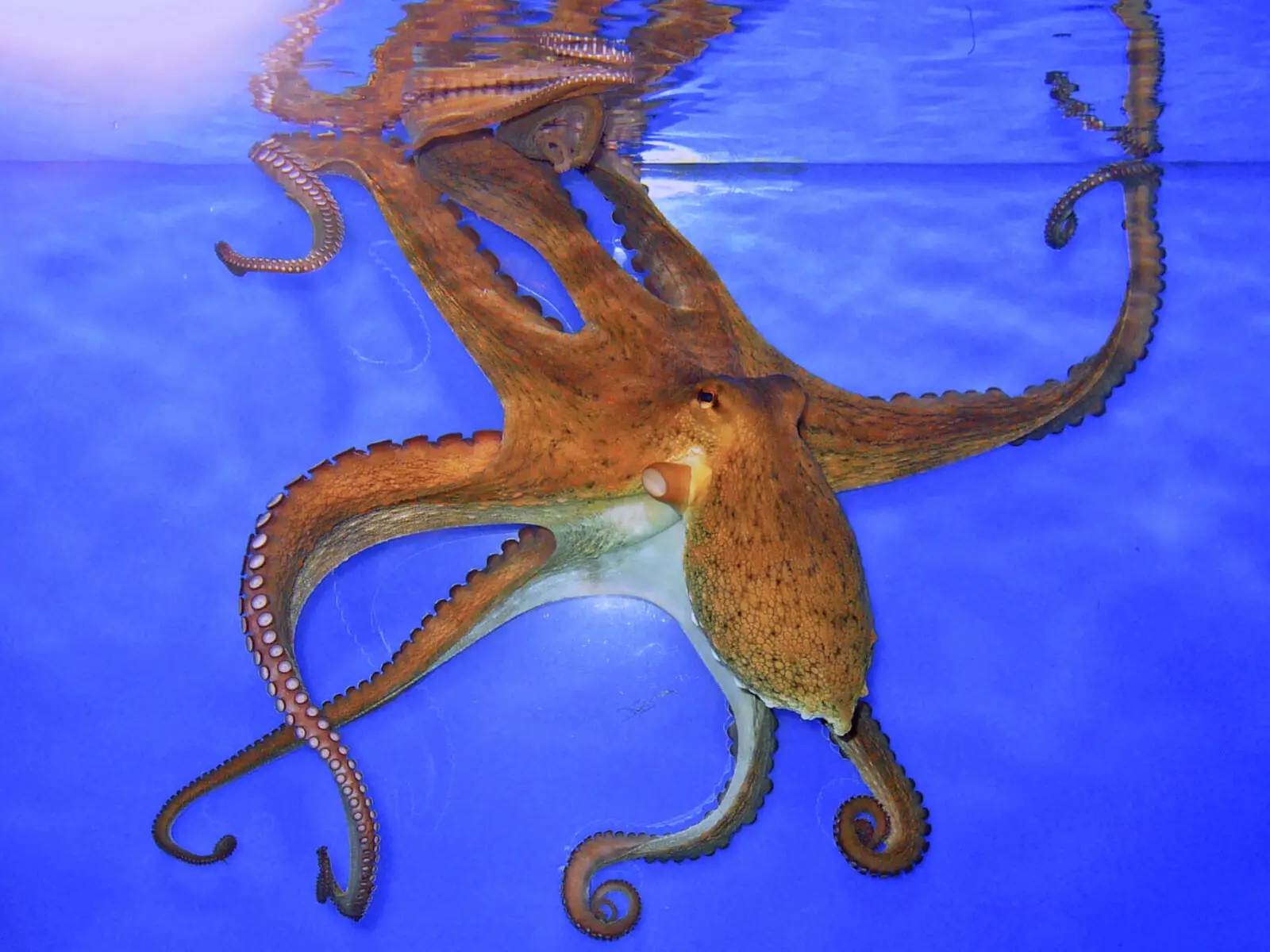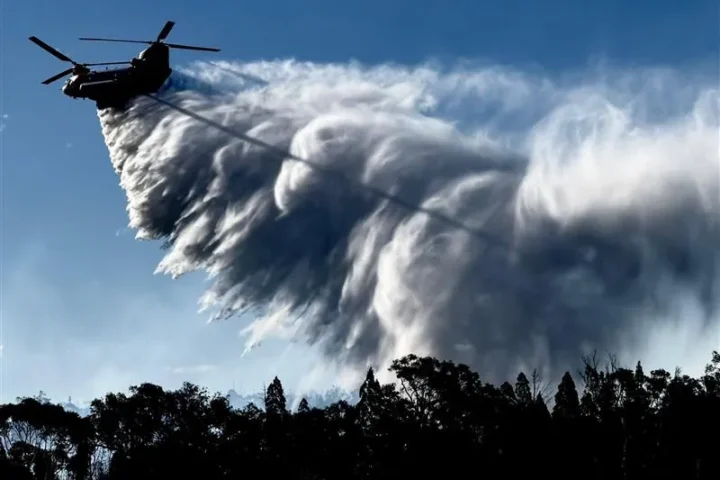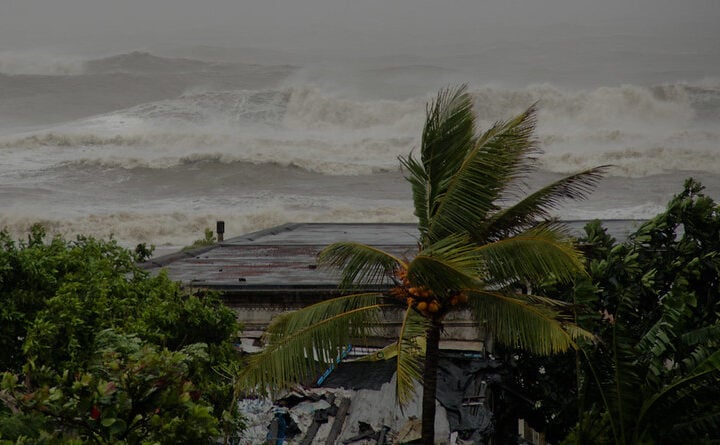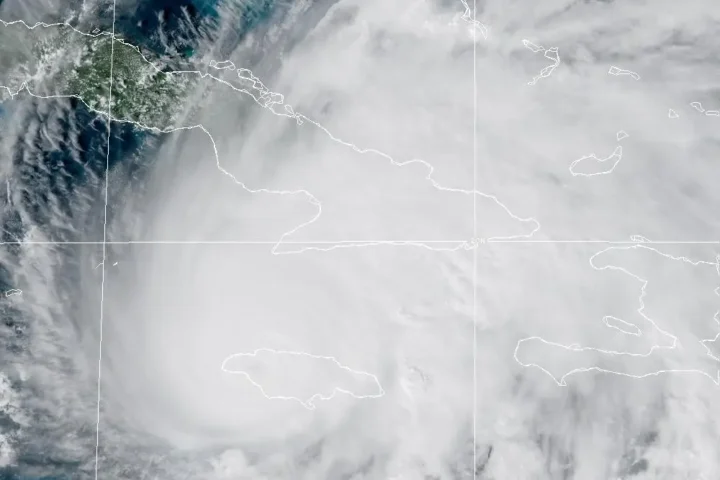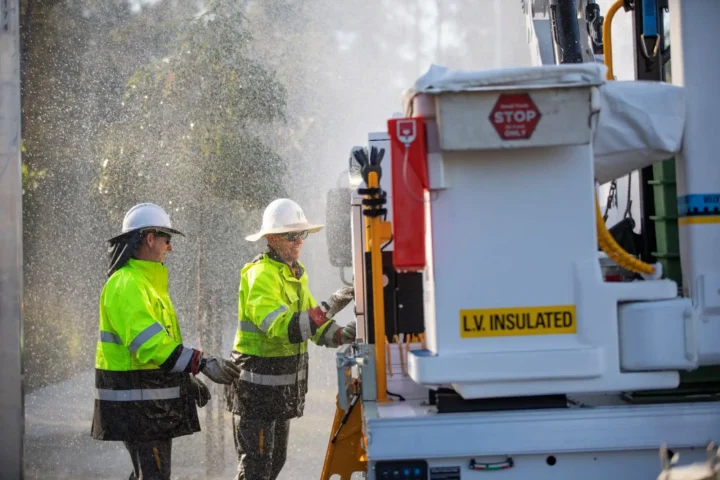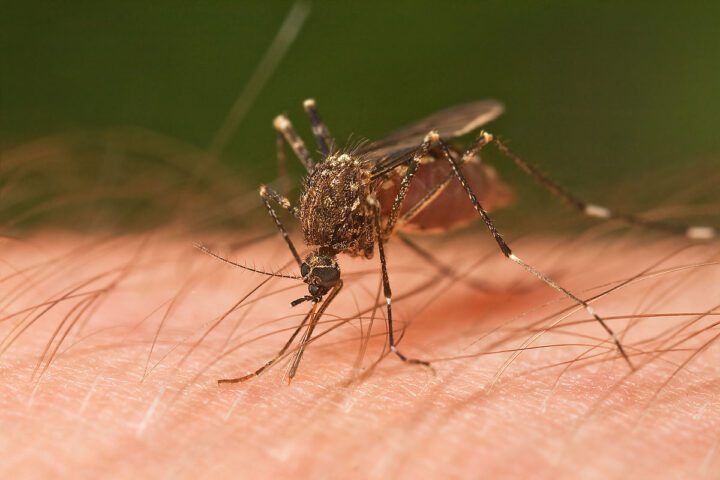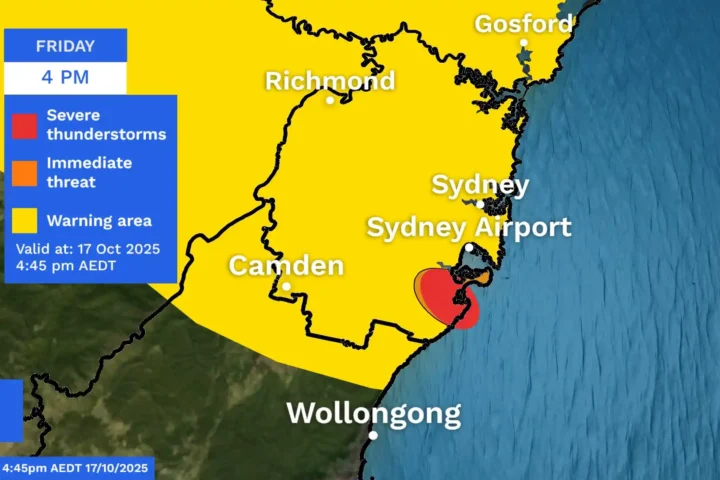A remarkable surge in octopus populations has transformed fishing operations along England’s southwest coast, creating both opportunities and challenges for local fishers. Since February 2025, common octopuses have appeared in unprecedented numbers, with catches jumping from virtually nothing to 1,000 kilograms daily.
“There was just a massive explosion in the population of octopus,” explains Alan Steer, a Devon-based crab fisher. “We went from catching nothing to catching 1,000 kilograms a day,” with each octopus weighing between 2.5-3.5kg.
Scientists link this dramatic increase to an ongoing marine heatwave affecting Northwest European waters. Sea temperatures are currently 1.5-4°C higher than average for this time of year, creating conditions more typical of mid-June. Dr. Zoe Jacobs from the National Oceanography Centre notes that water temperatures are 2.3°C above average, potentially driving this sudden influx of warm-water species.
While octopus fetches a higher price at market than traditional catches like crab, the situation presents a significant problem for shellfish fishers. The intelligent eight-limbed creatures are decimating local shellfish populations, entering fishing pots through escape hatches designed for undersized crabs and lobsters.
“Since the octopus have turned up now, we are seeing massive devastation to the crab and lobster and scallop stocks in the pots,” Steer reports, estimating his shellfish catches have dropped by about 70%.
Similar Posts
This isn’t the first time UK waters have experienced such a phenomenon. Similar octopus “blooms” were recorded in 1899, 1950, and briefly in 2022. However, the shortening gaps between these events raise questions about whether climate change is creating a new normal in UK marine ecosystems.
At Brixham market, where most catches are sold, the volume is extraordinary. Barry Young, managing director of Brixham Trawler Agents, reported 36 tonnes of octopus coming through the market in a single day – compared to about 200kg during the same period last year.
Regulators are responding to the situation. The Devon and Severn Inshore Fisheries and Conservation Authority (IFCA) is working with the Marine Management Organisation and fishing industry representatives to collect data and determine how to manage this shift. Sarah Clark, deputy chief officer at IFCA, describes the influx as a “concern” and emphasizes the need to gather information about what might happen in coming months and years.

The octopus boom highlights the complex impacts of warming oceans on marine ecosystems and fishing communities. While providing an unexpected financial boost for some fishers, it threatens traditional shellfish harvests and raises questions about long-term sustainability.
If previous patterns hold, the octopuses may disappear after a cold winter, but recovery of crab and lobster stocks could take three to four years – a concerning prospect for shellfish fishers already seeing dramatic declines in their catches.
